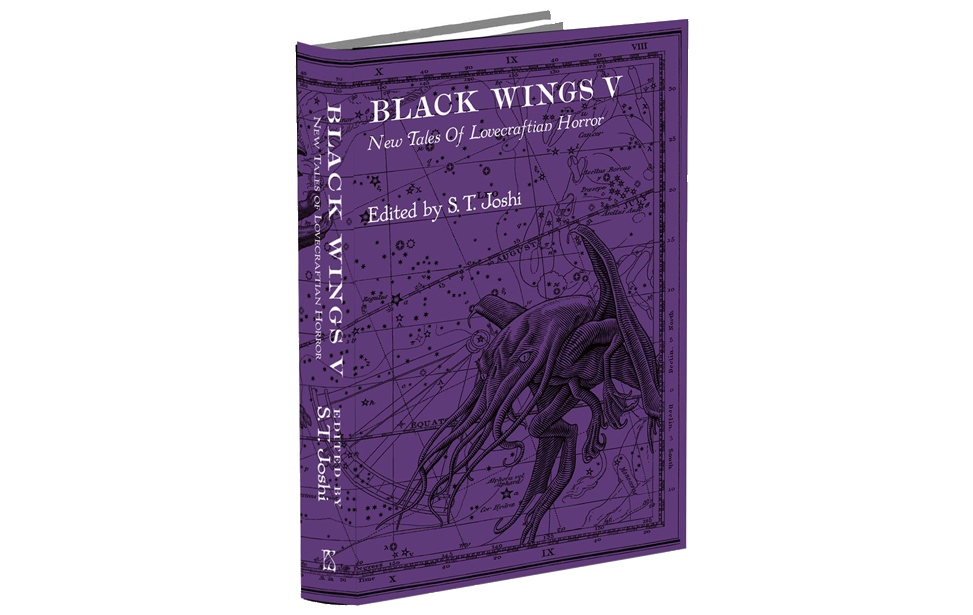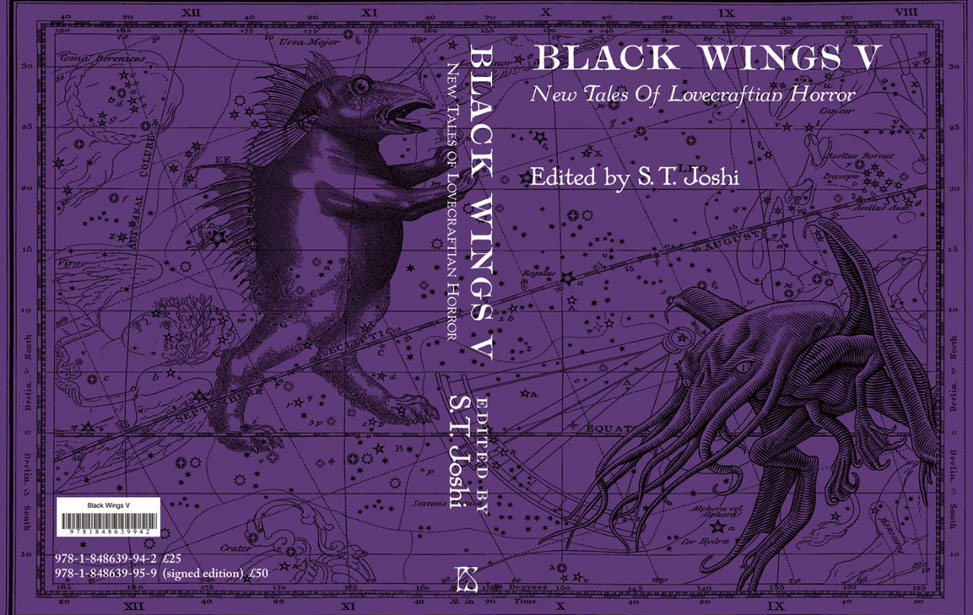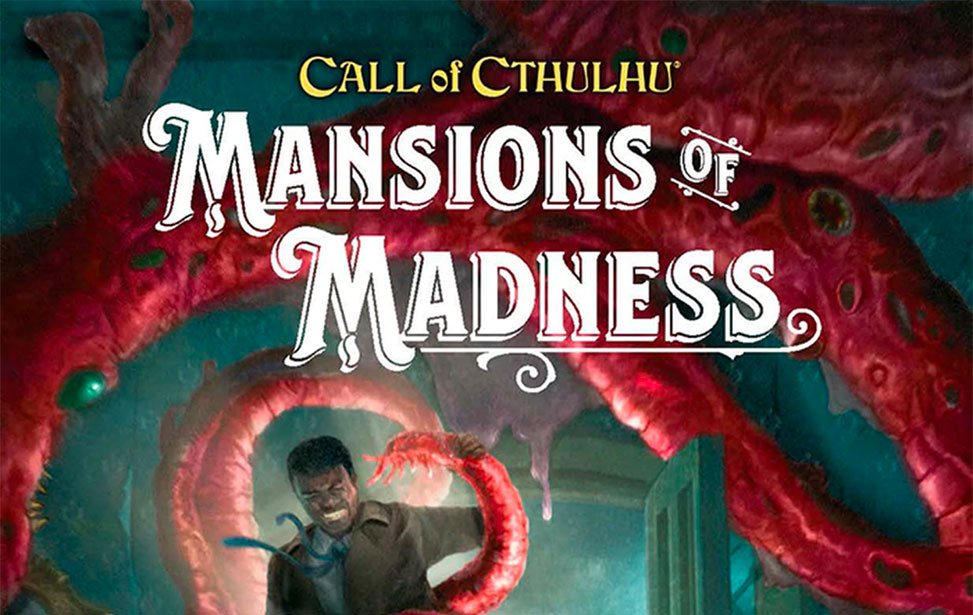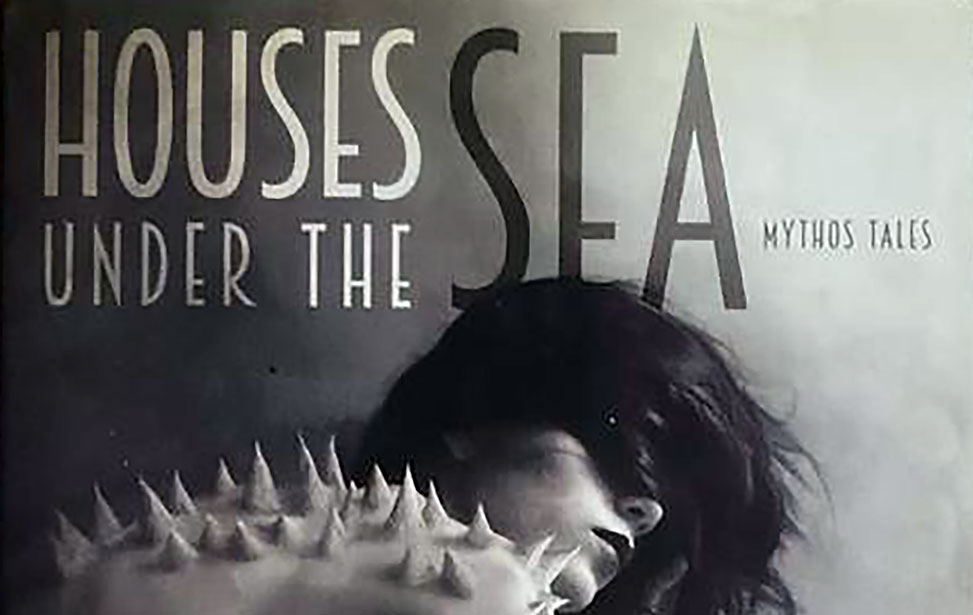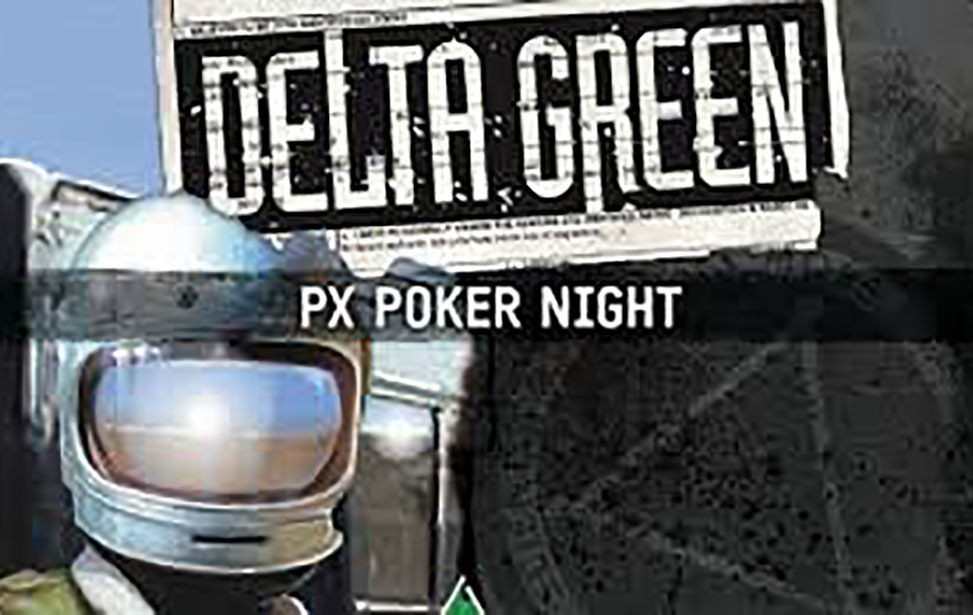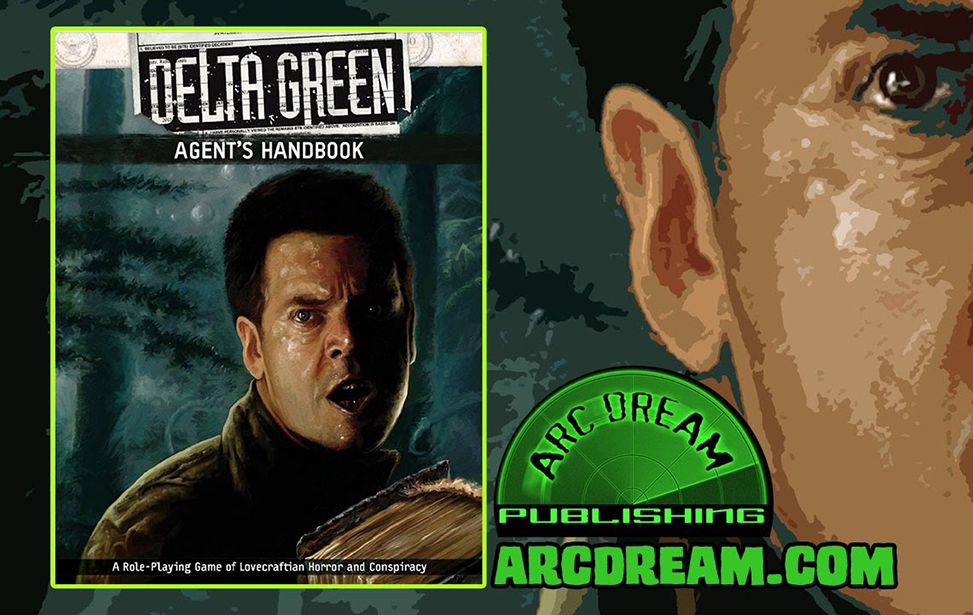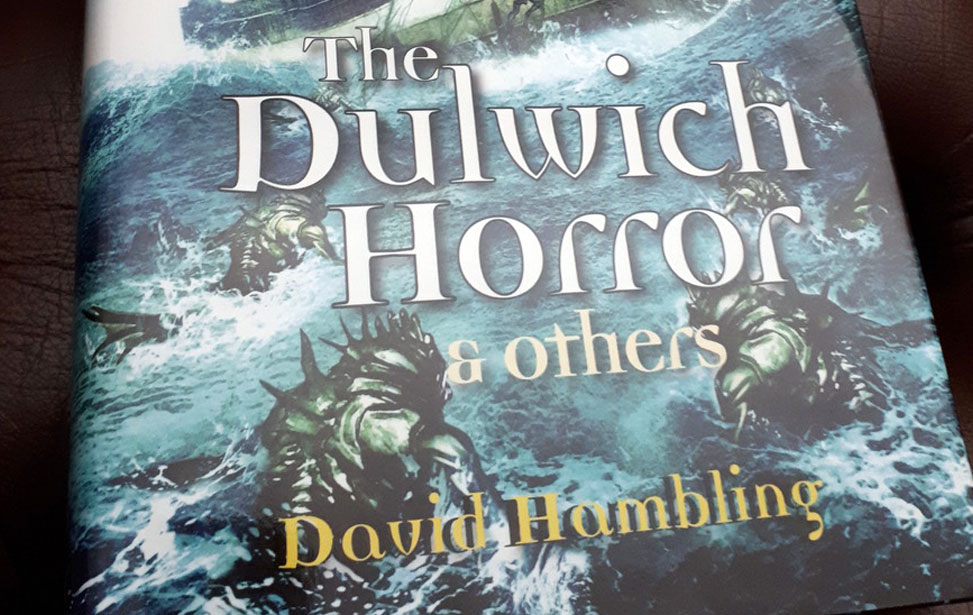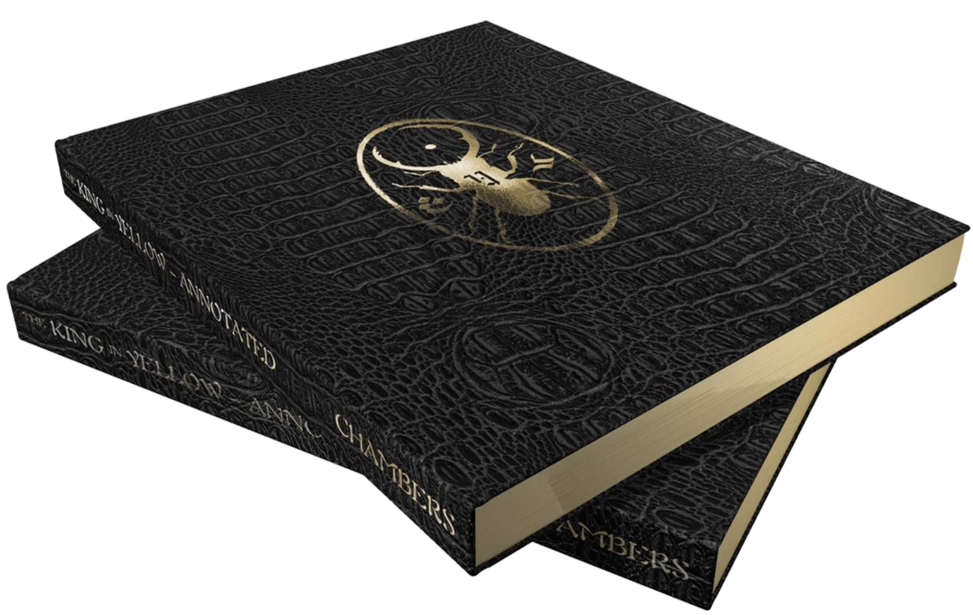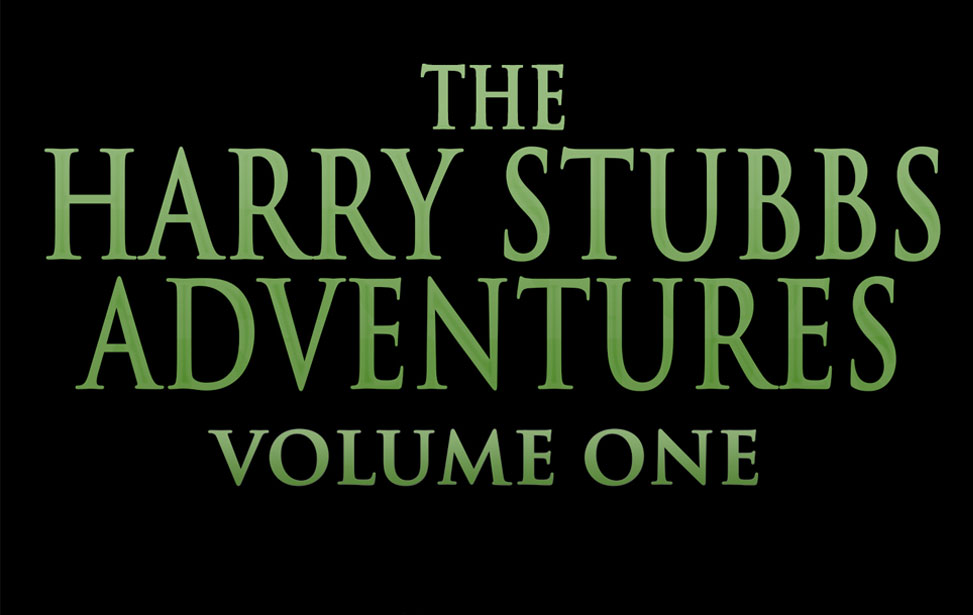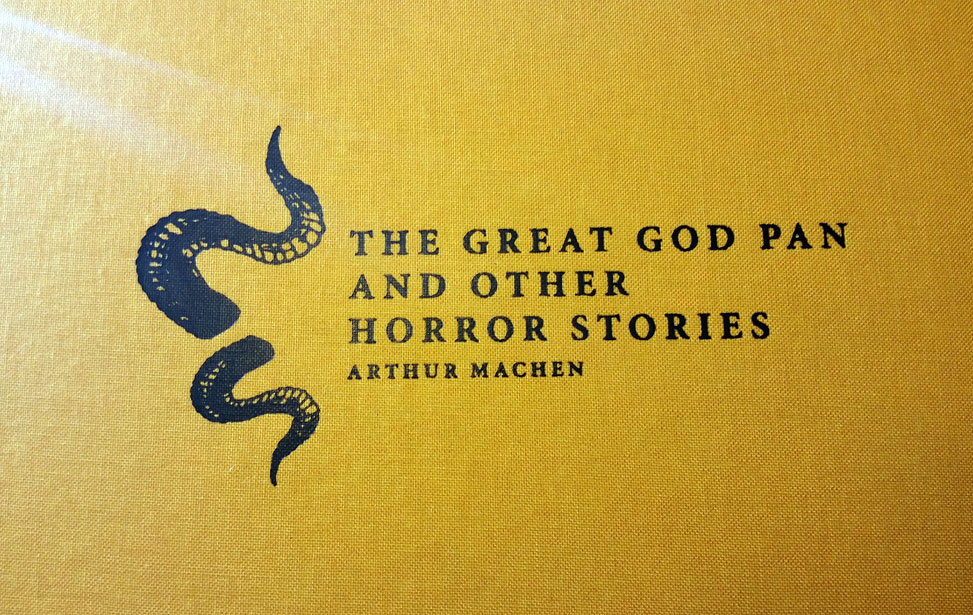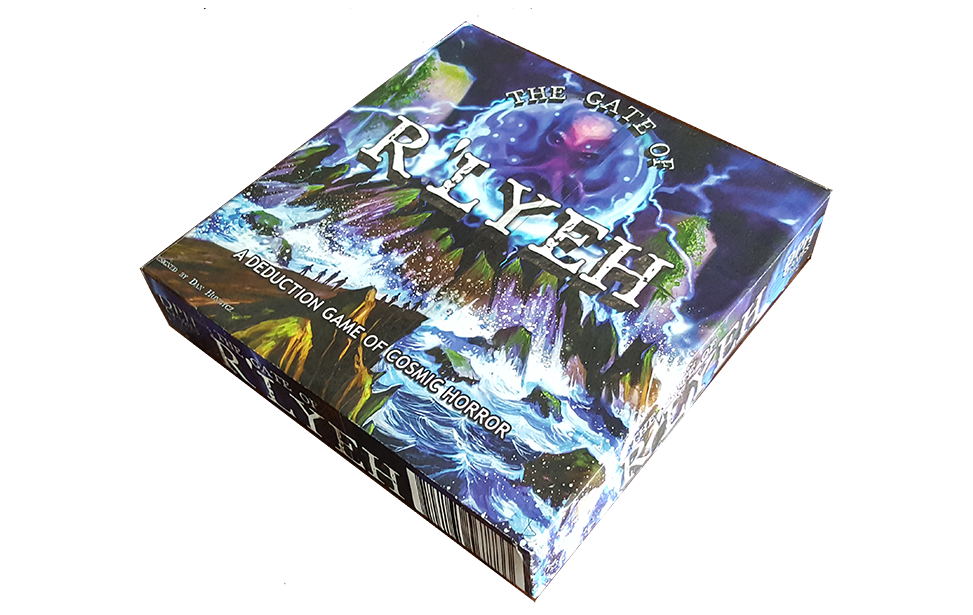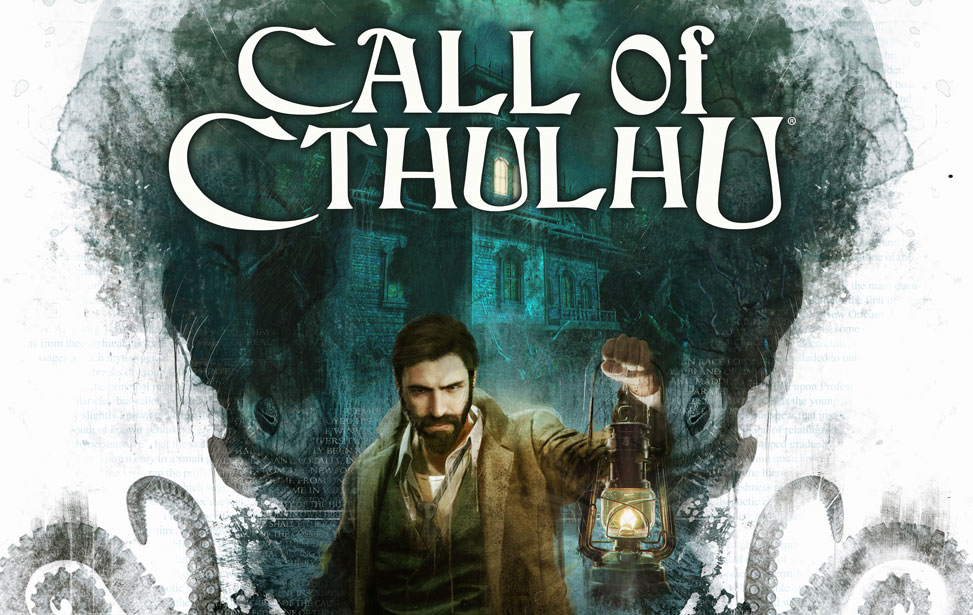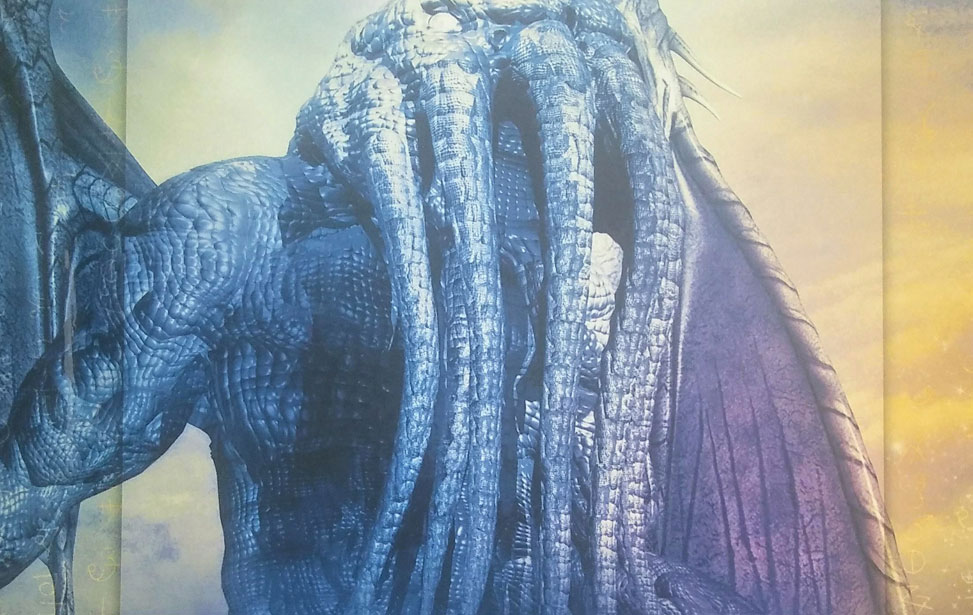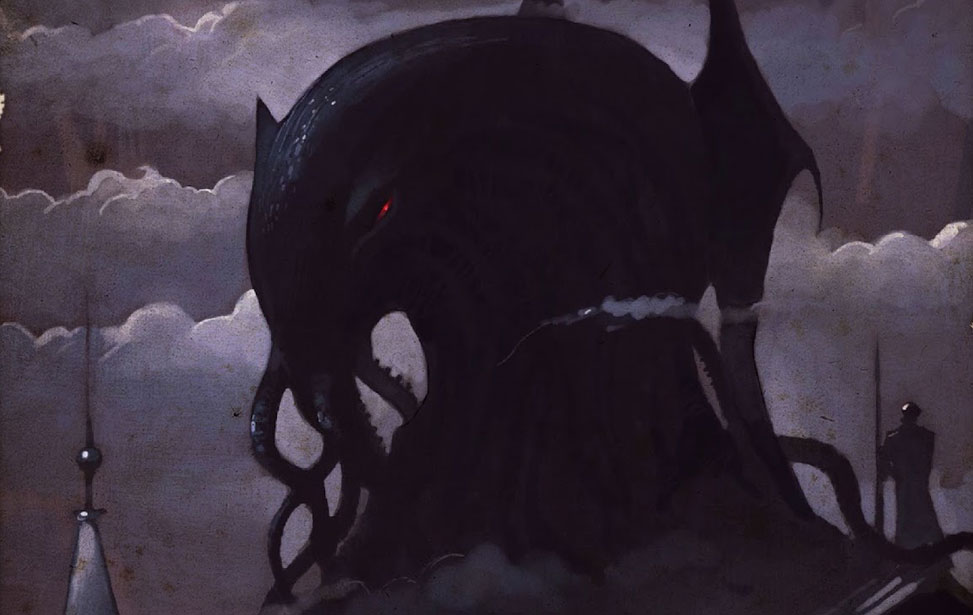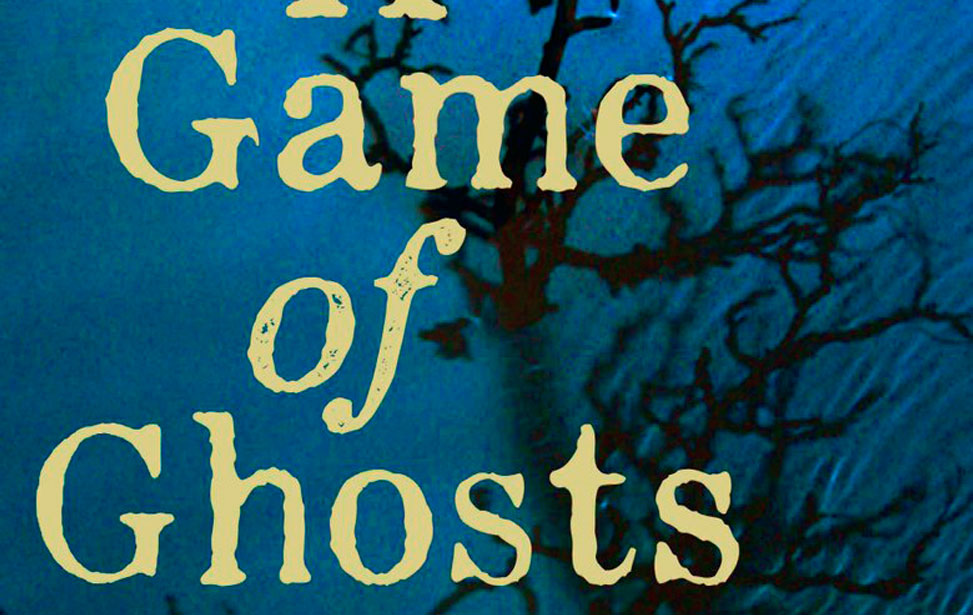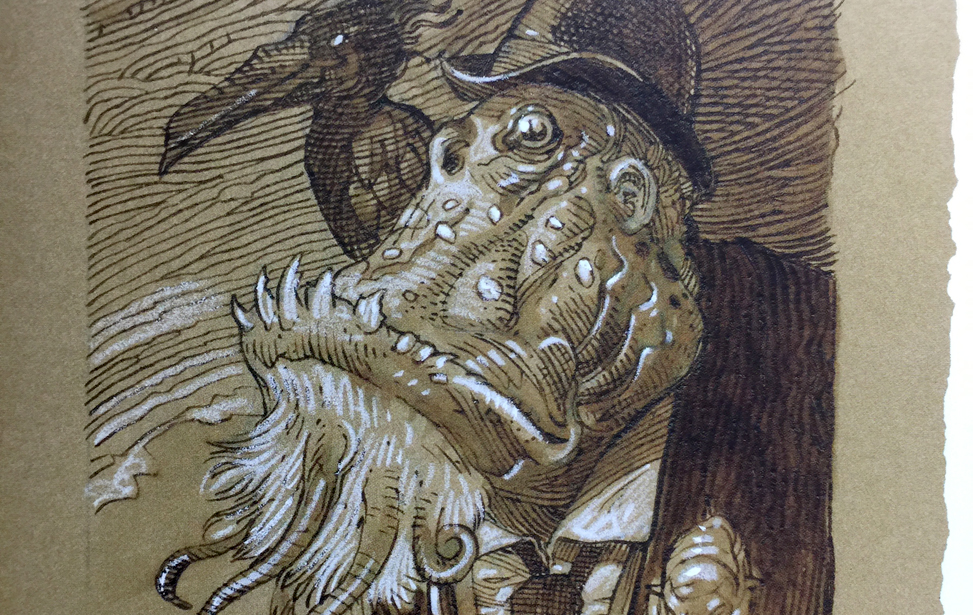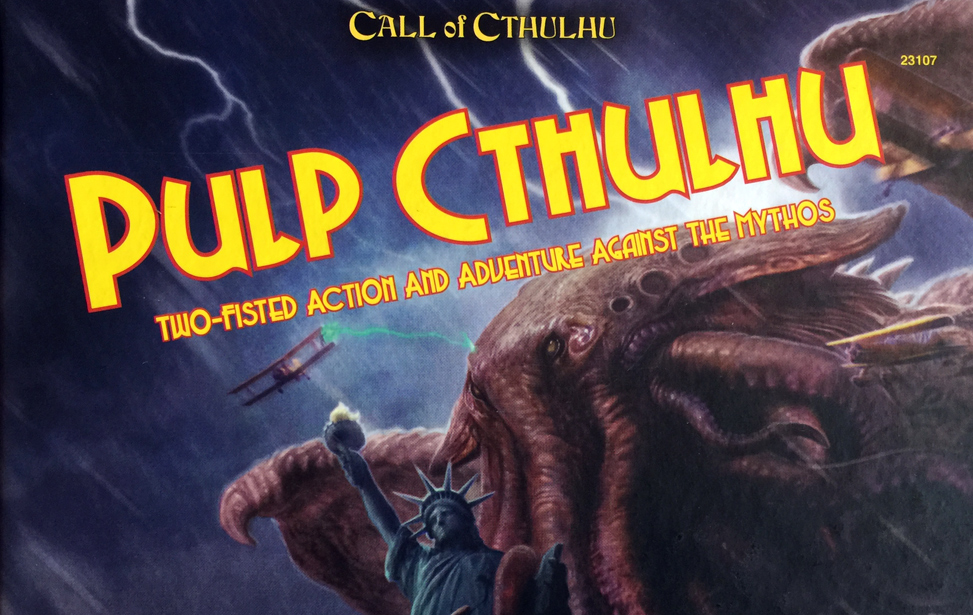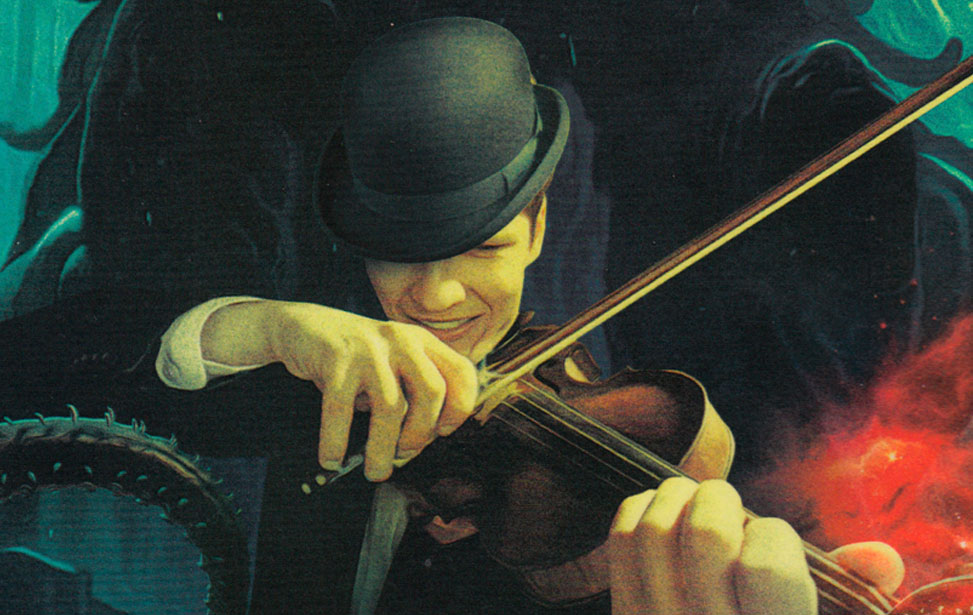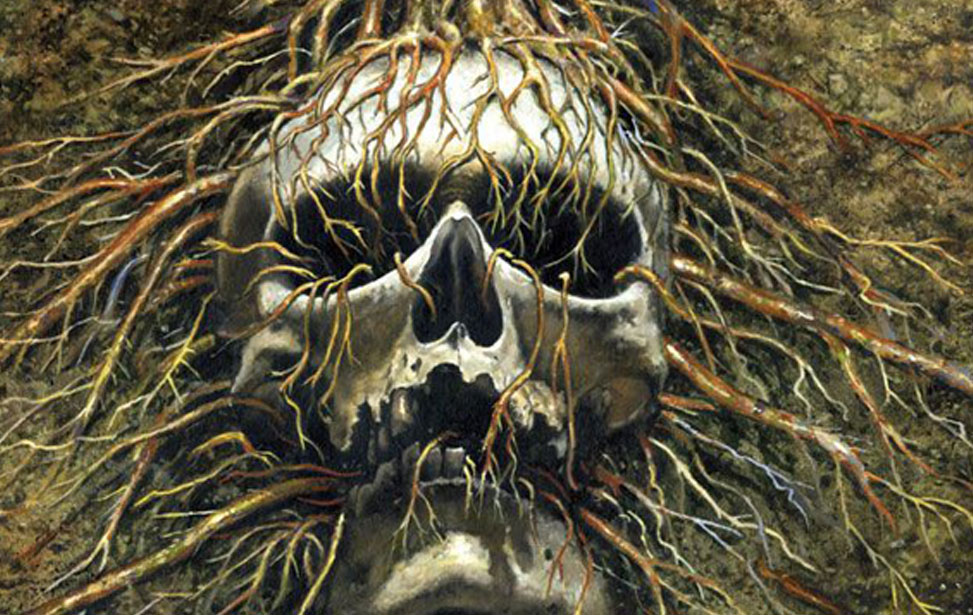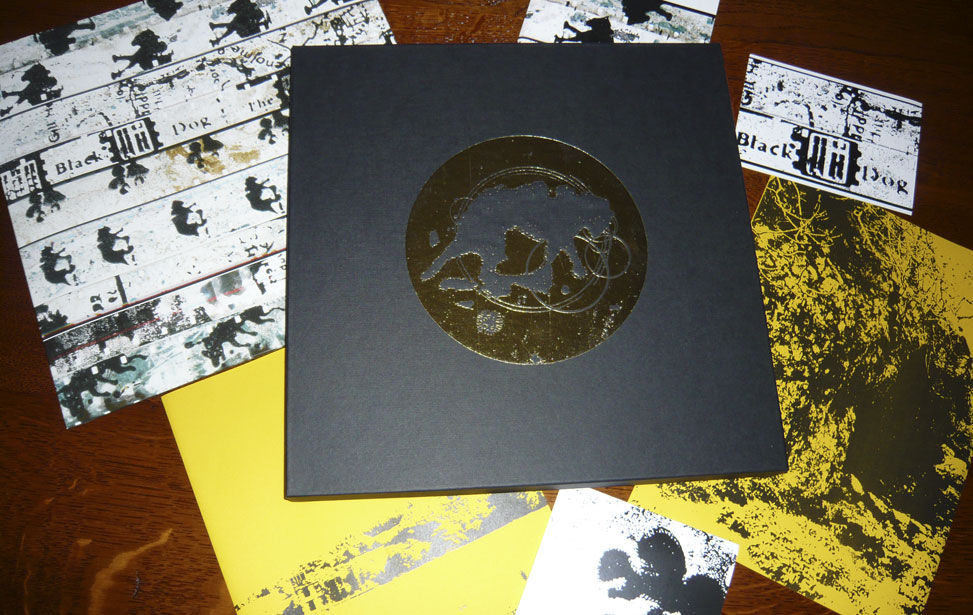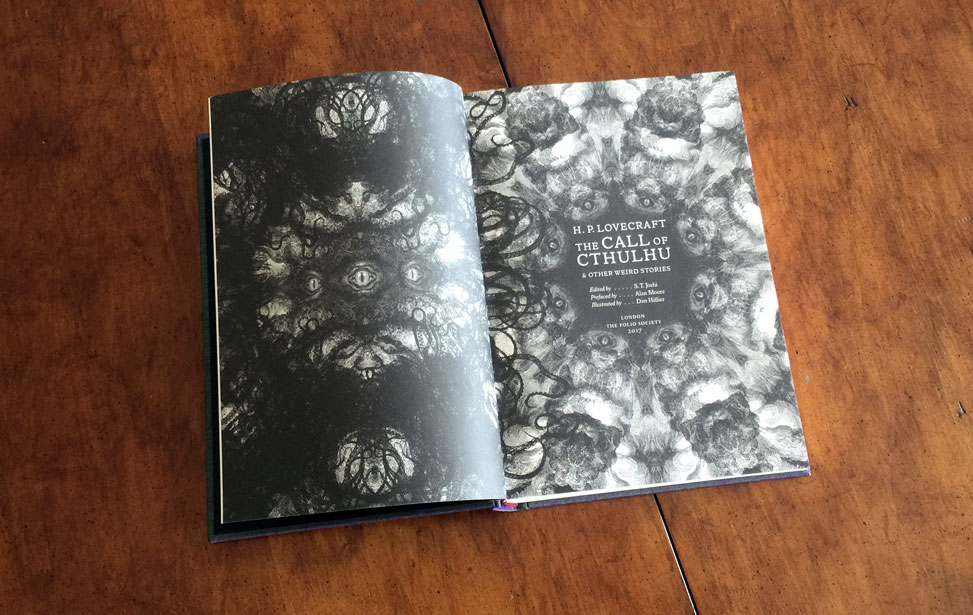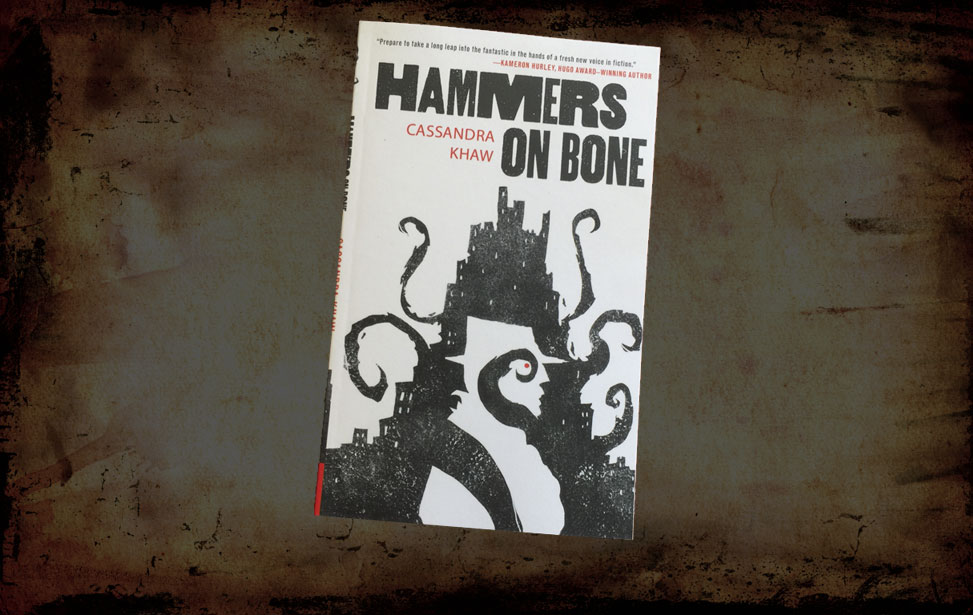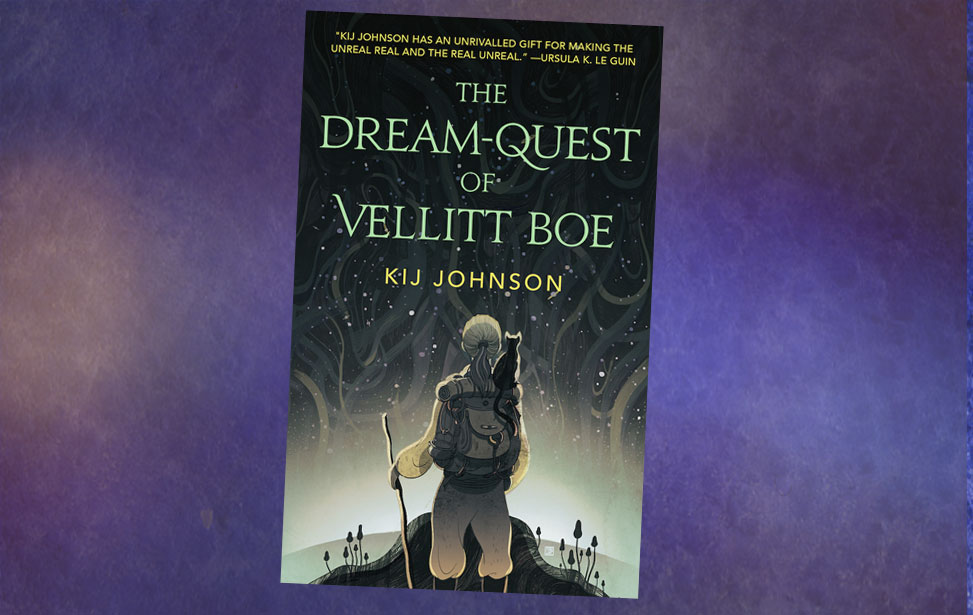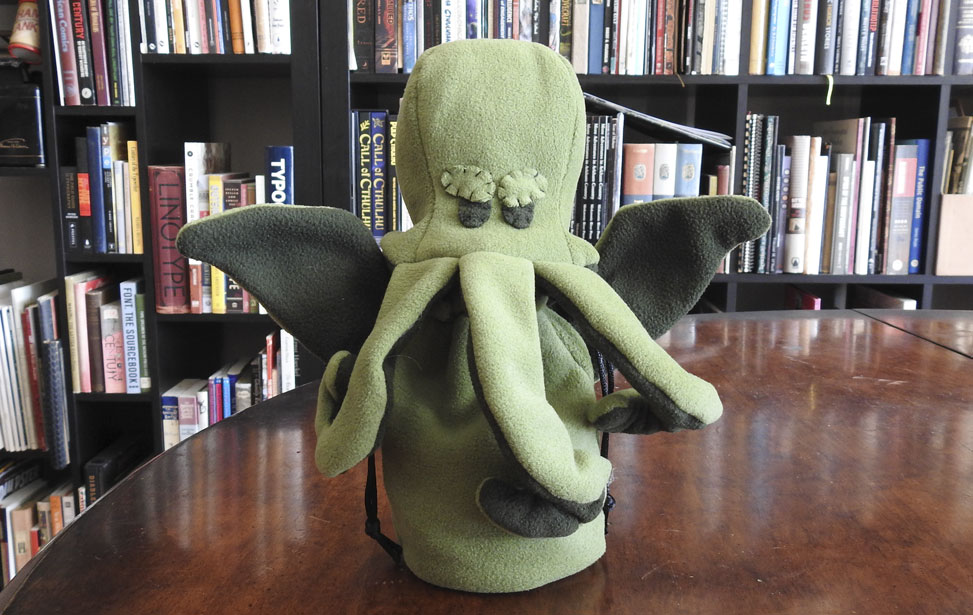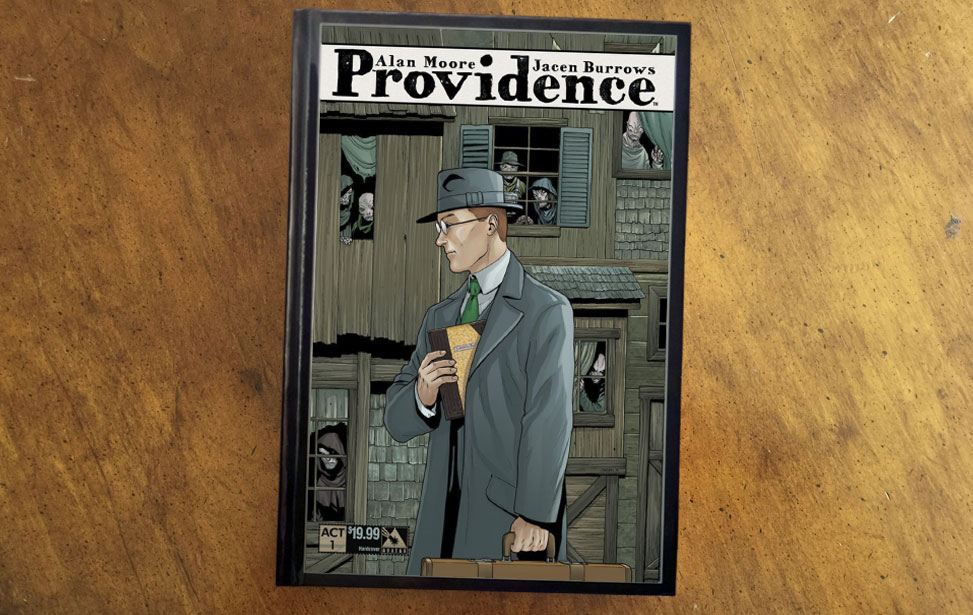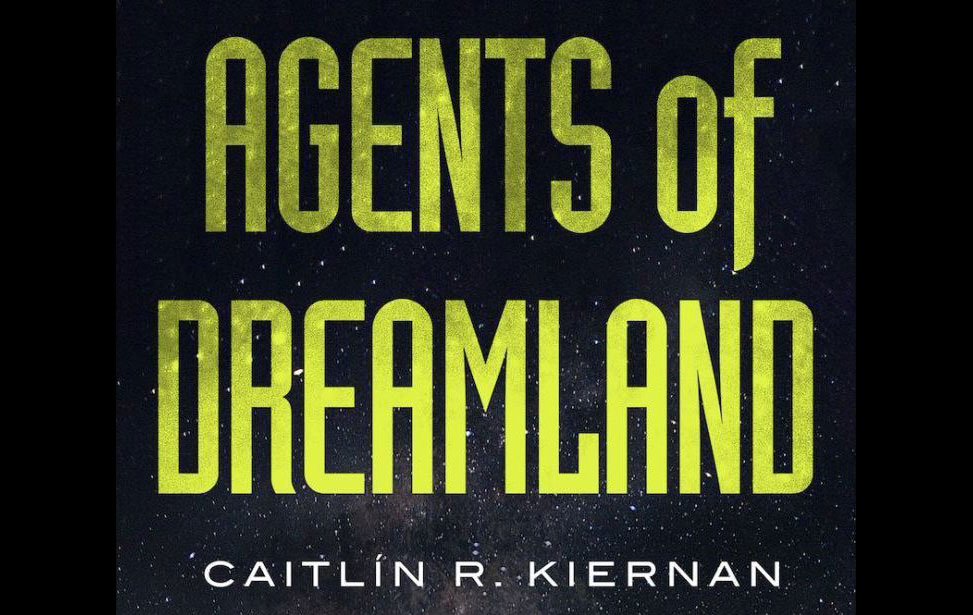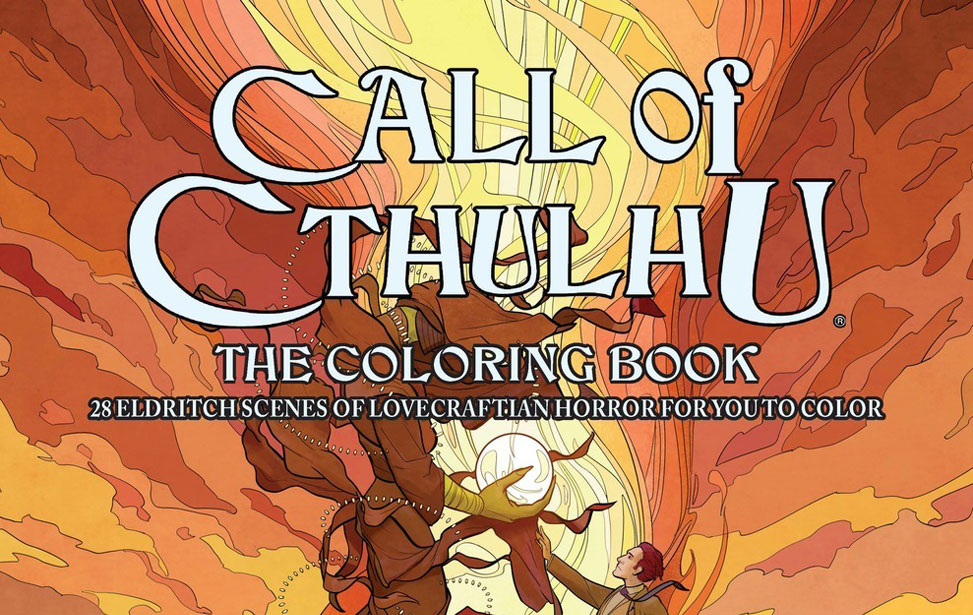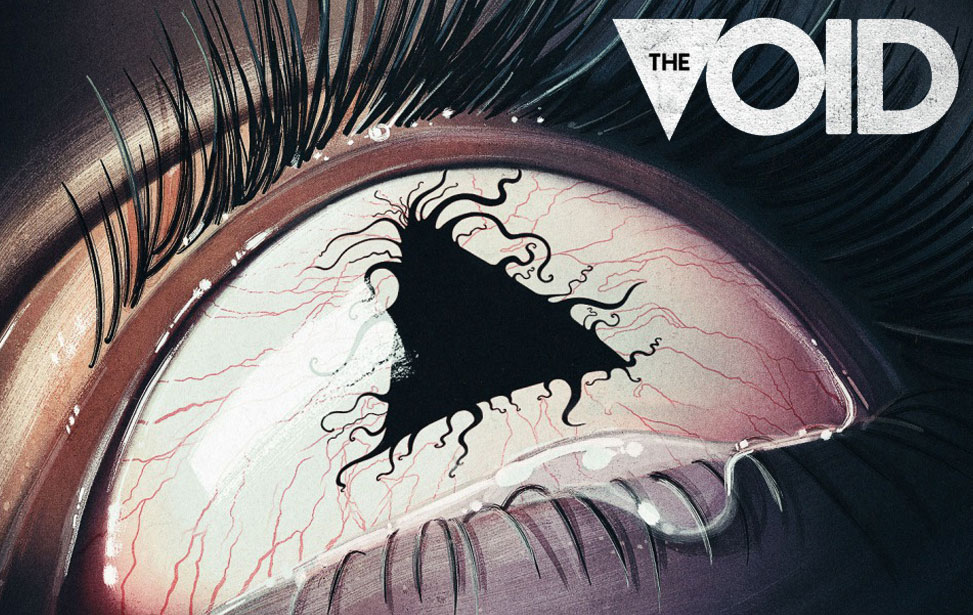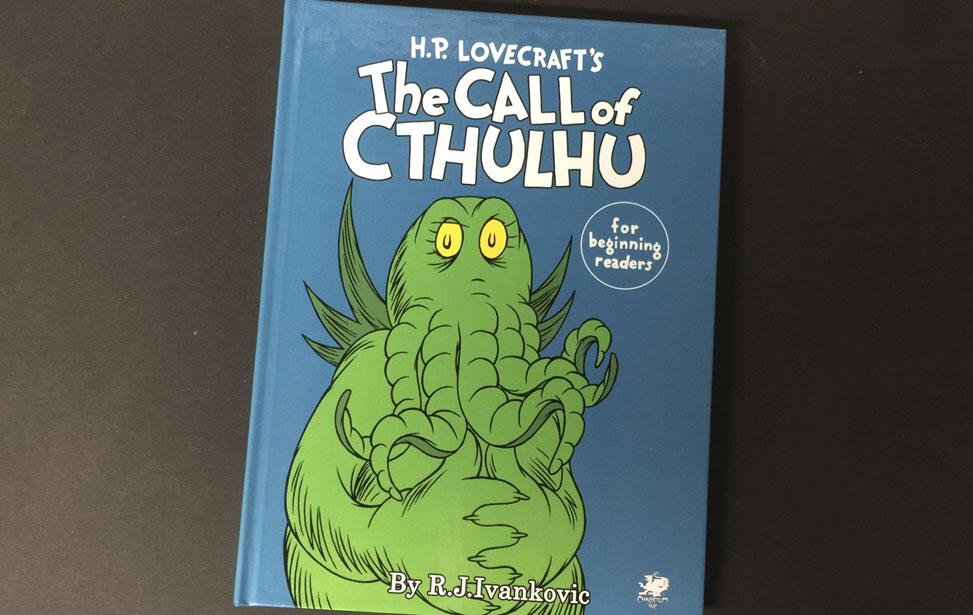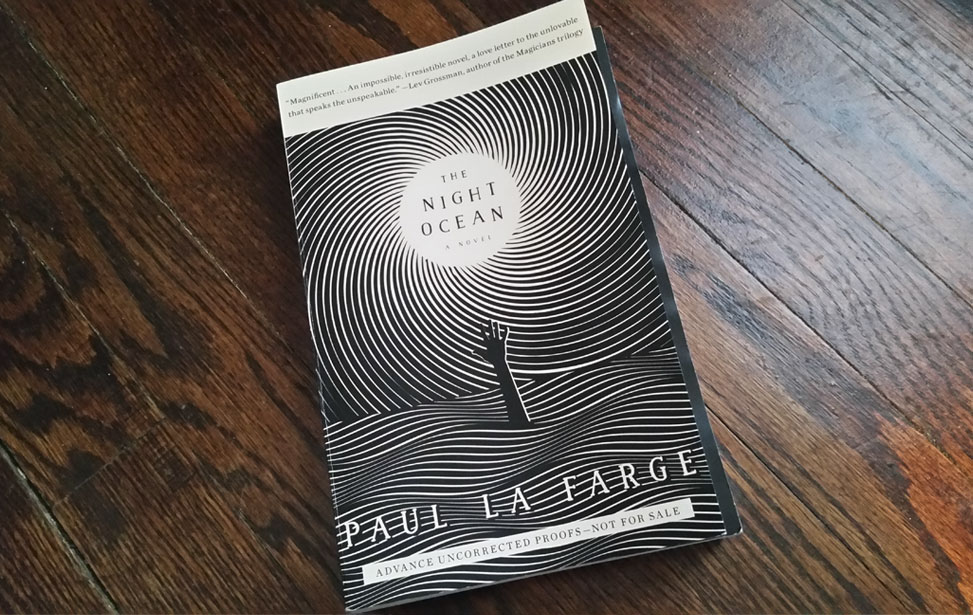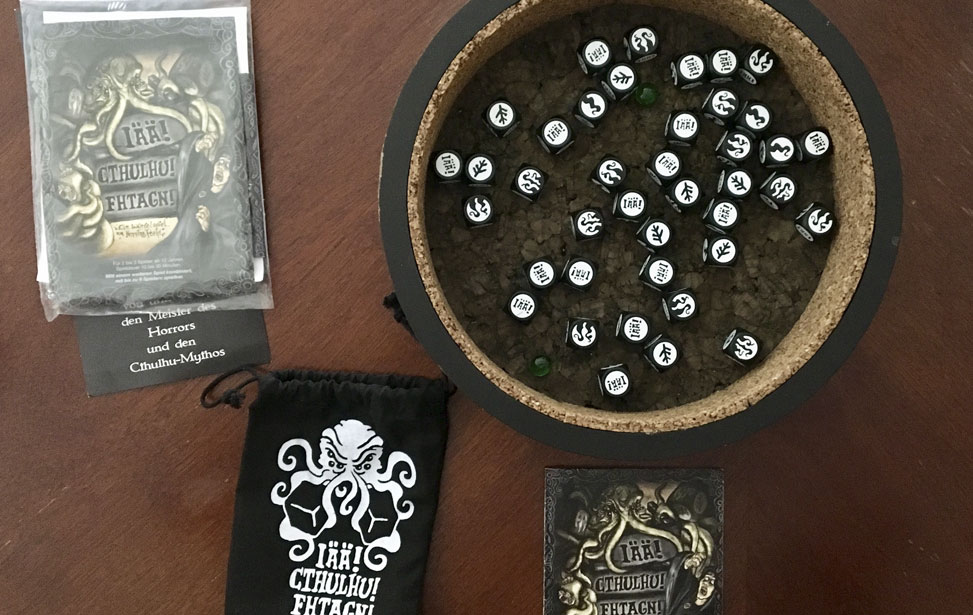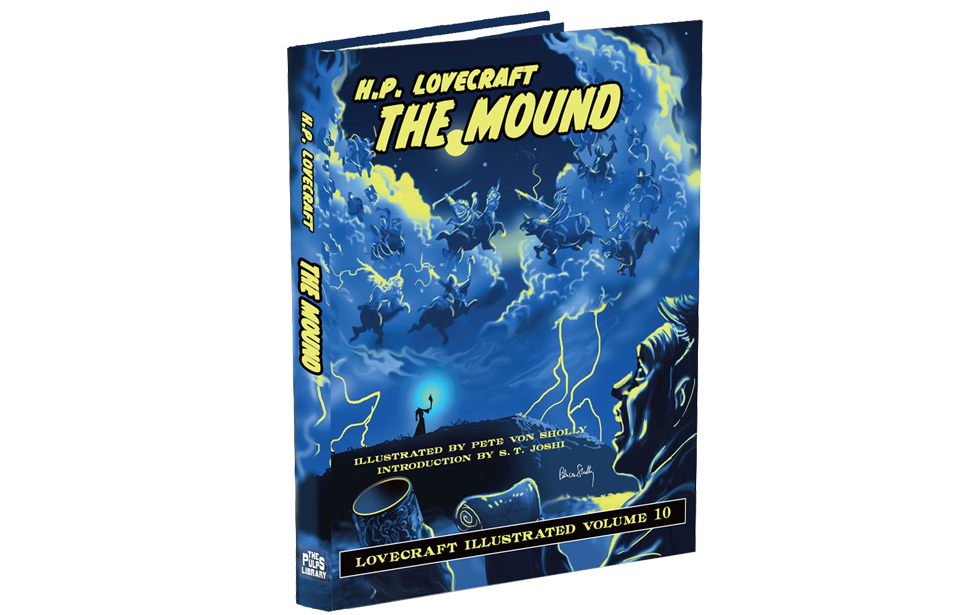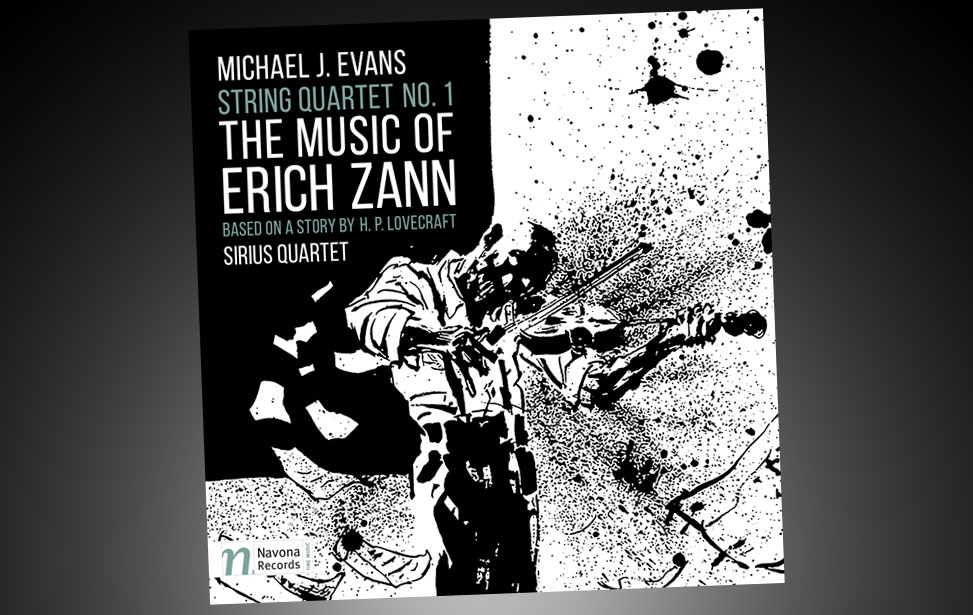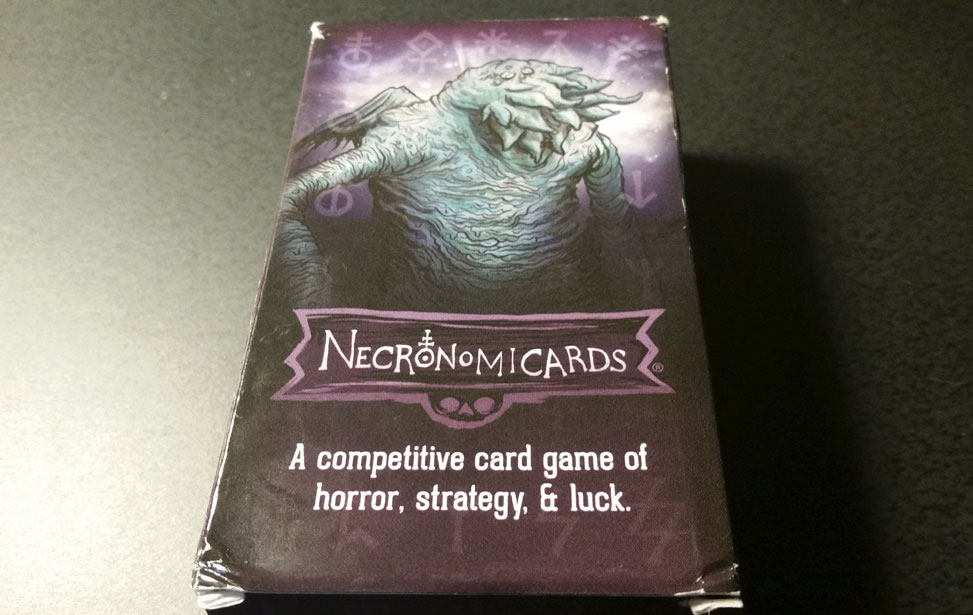Black Wings V
An excellent collection of Lovecraftian short stories assembled by leading Lovecraft scholar S.T. Joshi. The 19 tales (and one Weird poem) within are dark, unsettling and distinctly serious. As the name suggests there is nothing cheerful, light or in any way uplifting within - but those with an inclination for great horror writing will be greatly rewarded.
- Overall: B B B B b
- Quality: Q Q Q Q q
- Value: V V V V v
- Edited by S. T. Joshi
- Published by PS Publishing
- Price: £25.00/$35.00
Review by William Dean
September 11, 2017
We may observe that much of the Mythos fiction that has been produced over the years is, let’s be honest with ourselves, so much dross. Few have observed this fact more piquantly or from a position of such unassailable authority as the indomitable S.T. Joshi.
Joshi shouldn’t need any introduction for his immense (and ongoing) contribution to our understanding of HPL: his magisterial biography (I Am Providence, Hippocampus Press, 2010) is the standard reference text for the Old Gent’s life and will likely remain so for many years; his editing and publication of Lovecraft’s essays and correspondence has opened up study into HPL as never before. Outside of Lovecraft scholarship he has also published the staggering two-volume opus Unutterable Horror: A History of Supernatural Fiction (P.S. Publishing, 2012), which, at 800 pages, is probably the most complete and canonical overview of supernatural fiction ever published – a Norton Anthology of Weird Literature. Joshi then is probably better qualified to make ex cathedra judgements about the current state of play in Lovecraftian and mythos Fiction than any other critic or scholar alive today. However, while careful to distinguish between literary quality and entertainment value, he has in the past nevertheless delivered withering critical reviews on much of the mythos fiction published in recent decades.
With this in mind then I was very curious to see what exactly, from amongst the wreckage that presumably makes up most of the recent Cthulhu-inspired fiction, he would choose to include in Black Wings of Cthulhu V (P.S. Publishing, 2016): the fifth in a series of anthologies, edited by Joshi, of Lovecraftian fiction – and also the first in the series that I have read.
The brief answer is that Joshi has assembled a collection of tales that are both impressive and tremendously harrowing. Any potential reader needs to be aware straight away that there is nothing light-hearted, fun or “pulp-y” within this volume. If dilettantes, flappers and MU Professors racing around the globe to battle evil cults are your thing, then look elsewhere. Instead the common theme from amongst these tales is that they are unsettling and unrelentingly bleak. Happy endings, by any conventional use of the phrase, are not typically forthcoming.
The next point to highlight is that the volume is possessed of what one might call a certain “textural richness”. The authors are clearly very talented writers and a few of whom one might venture to call “literary”. There is no evidence of the clunky prose that some writers adopt when attempting Lovecraftian pastiches – indeed only one of the tales uses a style analogous to HPL. None of this should be of any surprise given the critical background of Black Wings' editor. Readers will be treated to writing a distinct cut above the vast majority of everyday popular fiction. However this does mean that very few of the stories are quick and easy reads – most require your attention to fully appreciate. For some readers this will be a marvelous treat: a titillating one that verges on the visceral as the horrifying atmospheres mount. Alternatively, if you’re looking for something less demanding for your horror entertainment – and there’s nothing wrong with that! – you may wish to look elsewhere.
Moving on from theme and literary style, we come to the vitally important question of content. The book opens with a short introduction from Joshi. There is little to say about this because there is little of substance here. The introduction merely serves to group the tales into different categories by theme, namely: tales exploring themes of mental aberration and descent into insanity; tales demonstrating the “sense of place” and fictional geography that Lovecraft integrated so skilfully into his own stories; tales about the dangers of science and its uncomfortable and hazardous revelations; and finally, tales featuring Lovecraft himself as a character. Joshi’s introduction unfortunately features no discussion about the place of each of these ideas within or their significance to Lovecraftian fiction and no analysis of the tales themselves. On this latter point however there is presumably a convention that the editor of an anthology does not critique his selection within the pages of the very same! I will confess to being a touch disappointed by the introduction, as I enjoy Joshi’s writings, but presumably he intends for the fiction to be the focus of this volume.
There are 19 tales within the collection and one poem (which concludes the volume), each prefaced by a couple of sentences giving a very brief resume of the author. I have listed these as follows along with a very brief synopsis, necessarily facile so as to avoid any spoilers.
• Plenty of Irem – Johnathan Thomas
Kingsport College’s new PR man is looking for a hook to better advertise the school. His explorations lead him to visit to a rather strange museum. The slow build-up of weirdness and tension are very effective.
• Diary of a Sane Man – Nicole Cushing
An ordinary man, a father and husband, has a sudden revelation, opening up a new perspective on life and human behaviour. The familiar mundanity of his everyday existence makes his observations all the more worrying.
• The Woman in the Attic – Robert H. Waugh
An epistolary tale written by Mrs. Gardner while locked in the attic during the events of The Colour Out of Space. HPL himself is intriguingly worked into the story as a character.
• Far from Any Shore – Caitlin R. Kiernan
A trio of archaeologists find an artefact in the ground that defies explanation. Soon after, very strange things begin to happen. Brilliantly told.
• In Blackness Etched, My Name - W.H. Pugmire
A young man whose family has an occult past seeks out his legacy. It felt to me very much a homage – arguably a pastiche – of Lovecraft’s earlier “Poe” pieces, adopting much of the same tone and language.
• Snakeladder – Cody Goodfellow
This story explores the ideal of rending the veils and seeing the truth behind our illusions in context with LSD, Hell’s Angels and the Summer of Love. I found this a brilliant tale, with rich and evocative dialogue and prose.
• The Walker in the Night – Jason C. Eckhardt
Set around the 1938 Providence flood, this is a beautiful story about a man running a diner on Providence’s waterfront. He reminisces about HPL, who was one of his regulars prior to his death in 1937. A tender and moving tribute to the man himself.
• In Bloom – Lynne Jamneck
A botanist finds herself contaminated by some very dangerous spores. As her case progresses we get to read her matter-of-fact stream of thoughts and emotions. Short and intense.
• The Black Abbess – John Reppion
Two young Americans are touring their art-noise band around England and pay a visit to the site of an old nunnery. The narrative appears to meander along with superfluous (albeit interesting) scene-setting detail but ultimately is brought together very skilfully and the diverse elements slot into place as it reaches its climax. As a native of the country, I can also say that the evocative descriptions of travelling in these sorts of locales in England are captured brilliantly. Also, I would have liked to have seen their band play.
• The Quest – Mollie L. Burleson
In this imaginative and quirky story a woman makes a literary pilgrimage to a fictional analogue for Providence, looking to explore the places where her idol the forgotten master “CL Bingham” lived and wrote his Weird Fiction. She is in for a surprise. Readers from the HPLHS will no doubt recognise much of themselves in the protagonist.
• A Question of Blood – David Hambling
An orphan grown to manhood returns from Canada to Georgian England to claim his birthright. His stern and forbidding grandfather is punctilious about the morals of the time and the homecoming is not as our protagonist hoped. This is a great story, wide-ranging in its satire and brilliantly conveying the oppression found in conservative post-Victorian society.
• Red Walls – Mark Howard Jones
This short and very imaginative tale explores a particularly cruel version of the End Times.
• The Organ of Chaos – Donald Tyson
In a post-apocalyptic world, where most of the world’s population has gone mad, two agents from humanity’s last bastion of sanity explore the world beyond. The setting is well-presented and, while the plot itself is relatively conventional, the author’s twisted imagery, verging on splatterpunk, is very gripping.
• Seed of the Gods – Donald R. Burleson
A man fallen on hard times finds that his neighbour, who is further along the “down on his luck” cycle, has some strange interests. This is a relatively simple tale but evocatively told. His presentation of men falling through the cracks is compelling, as are the descriptions of the supernatural horror at the tale’s core.
• Fire Breeders – Sunni K. Brock
A modern professional couple are staying overnight in the Gilman House hotel – a locale well-known to readers of HPL. As the opening of the story demonstrates, the stay is not a happy one.
• Casting Fractals – Sam Gafford
Casting Fractals adopts a hard-boiled narrative, told to us by a hard-drinking journalist. It explores an alternative manner in which an Elder God might bring about the End Times. From an historical perspective I found the concept unconvincing – but nevertheless thoroughly enjoyed the story’s approach and its well-portrayed grim sense inevitability.
• The Red Witch of Chorazin – Darrell Schweitzer
This peculiar story tells of a family connected to a very strange place with very strange people and where the normal laws of our universe don’t seem to apply. Although slightly puzzling, I found this a rich and entertaining fantasy, poignantly written.
• The Oldies – Nancy Kilpatrick
During a group therapy session something disturbing is hinted at as the root of one of its members’ mental illness. Although possessing a very simple plot, this is a very moving story and well-grounded in medical science that captures the intense and powerful atmosphere of a support group extremely well.
• Voodoo – Stephen Woodworth
A scholar visits modern New Orleans to discover what lay at the root of his colleague’s recent dramatic death. Relatively conventional in plot and perhaps with much in common with classic Mythos tales, this is nevertheless a very able example, eerily told and with evocative language. I have never been to New Orleans, but I imagine the author captures it very well.
• Lore (poem) – Wade German
A ten stanza poem about a Priest tasked with reading a blasphemous old scroll. I know very little about poetry so do not feel remotely comfortable critiquing it even for a consumer review – however it tells a neat little story full of the same vocabulary used by Lovecraft to conjure up dread and mystery when describing ancient mythical lands and tomes.
I must stress that these overviews do little justice to the tales themselves. For example my necessarily spoiler-free synopsis of Caitlin R. Kiernan’s Far from Any Shore does little to convey that it is a really superb piece of writing and a very powerful story. Although the scenario is perhaps conventional (within our genre) the tale is conveyed with remarkable skill. It is told to us by our protagonist, who breaks the narrative of her present circumstances, which are distinctly unsettling, with descriptions of events from the previous few days. The latter begin seeming to show perfectly normal and benign everyday life – but their juxtaposition with the present-narrative creates a very uncomfortable dichotomy for the reader and both narratives are made the more horrific for their link to each other: the normality of the events in the past are overshadowed by the impending disaster, while the present-narrative seems all the more upsetting with its comparison to the earlier happy days displayed alongside it. The overall effect is quite powerful and I think far more effective than if the author had merely told the tale with a linear chronology.
All of the tales within have, I think, something noteworthy about them. Repeating my earlier judgement, they are all very well written and are highly affecting stories. Most crucially of all, they are highly imaginative. Even if, for certain tales (such as the aforementioned Far from Any Shore), the basic premises and architypes are familiar, they are nevertheless carried off with ability and flair – and more often than not end up reaching their conclusion via dark and threatening turns that I, at least, had not expected. Of course some stories in the collection I did find more effective than others – “your mileage may vary” as the saying goes. In Blackness Etched, My Name and Fire Breeders for example did very little for me. That said, I have yet to read any anthology, including Black Wings V where I have loved every tale – it will be, I presume, the same for most readers.
What I will venture to declare is that this is a collection well worth an investment in time and money. Subject to my earlier caveats about weight of prose and aphotic mood – and you will know if those bother you or not – I have no hesitation in recommending Black Wings V to fans to Lovecraftian fiction. This was the first of the Black Wings anthologies I have read. On the back of this, I would be keen to seek out the earlier volumes.
To end, it would be remiss of me not to say a few words about the book itself, and its presentation. It is available as an e-book, but the hard copy is lovely. It comes in a jacketed hard-back, purple and black, decorated with what appears to be a 19th century star chart. Creatures from the zodiac are featured within that original chart – but interposed over them all is a line drawing of Great Cthulhu itself, dominating the stars. It is pleasantly unnerving. If the jacket is removed, the cover itself is identical but the colours are inverted and the title text removed. A signed edition is also available, which comes with a slipcase. The paper inside seems of quite a high gauge, and the whole thing has a pleasingly substantial feel. I was also quite pleased to note that all text within is set with HPLHS fonts – including one of Lovecraft’s handwriting fonts as page headers. This was a nice touch.
